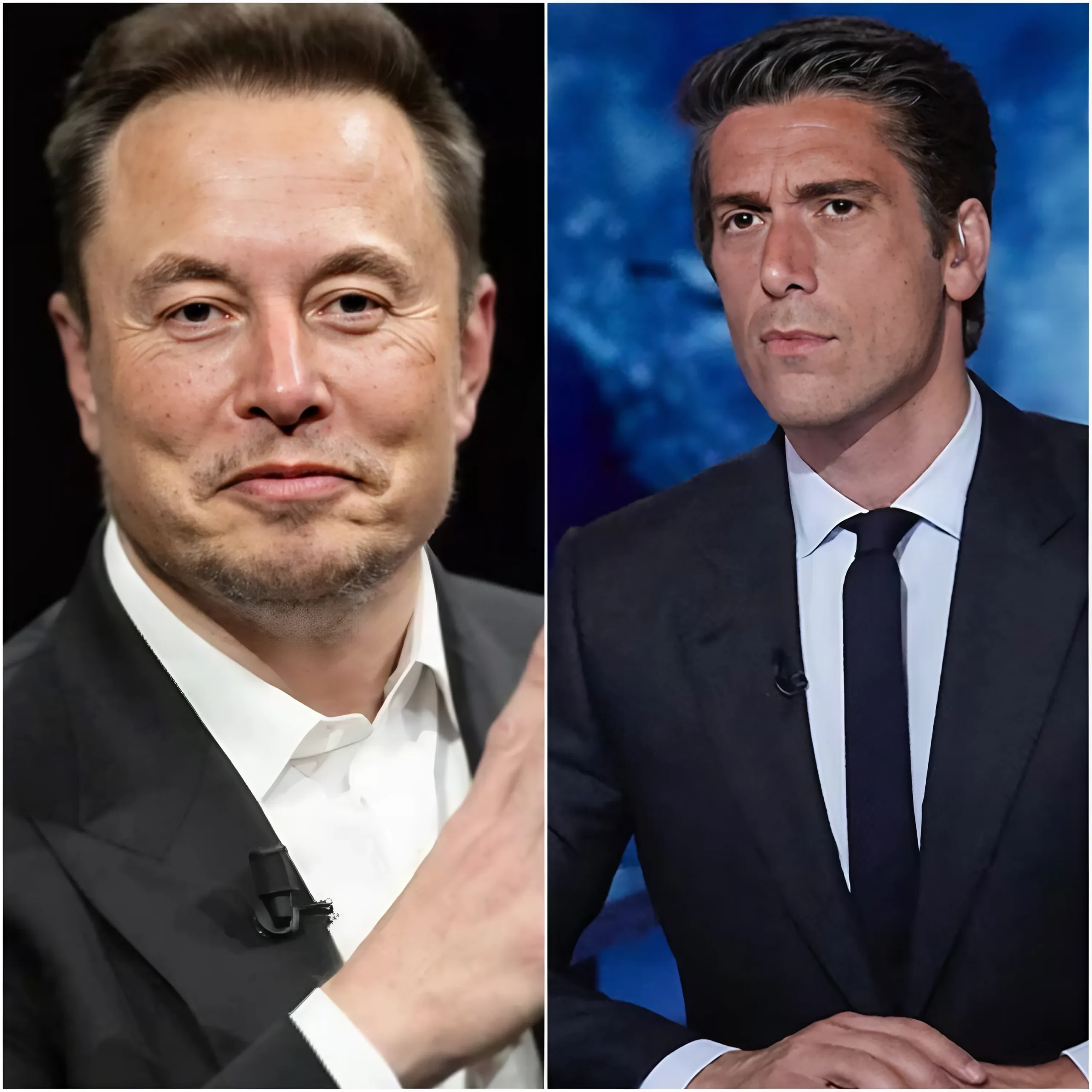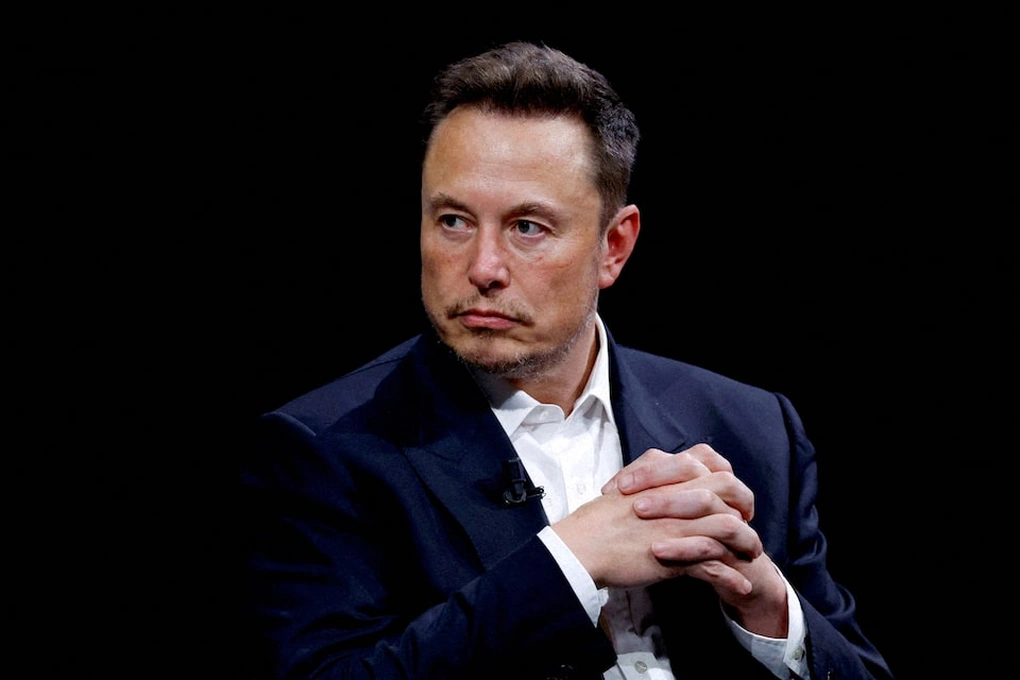In a move that has stunned media circles and sparked countless debates, tech billionaire Elon Musk is reportedly considering the acquisition of ABC in a bid to “set things straight” within mainstream media. This potential takeover would mark Musk’s first foray into major broadcast networks, fueling speculation about how he could reshape the landscape of news and entertainment if the deal moves forward.
Rumors surrounding Musk’s interest in ABC began circulating after the CEO of Tesla and SpaceX expressed dissatisfaction with the direction of mainstream media, citing a need for what he sees as unbiased, fact-driven reporting. Known for his direct involvement in his ventures, Musk would bring a hands-on approach to the network, potentially disrupting established practices and altering the core of ABC’s news and entertainment content. According to insiders, Musk’s primary focus is on restoring “integrity and transparency” to the network, promising changes that could alter the network’s direction significantly.

One of the most talked-about changes, should Musk acquire ABC, would be his plan to immediately replace lead anchor David Muir. According to sources close to the situation, Musk reportedly believes that Muir’s approach does not align with the revamped vision he envisions for ABC. This decision has sparked widespread discussion, as Muir has been one of the network’s most prominent faces, known for his work on World News Tonight. Many wonder if Musk’s strategy will include a complete overhaul of the network’s journalistic practices, casting aside some of its most recognized voices to make room for new talent aligned with Musk’s philosophy.
Musk’s ambitions for ABC seem to parallel his recent actions on X (formerly Twitter), where he has advocated for transparency and taken a hard stance on what he calls “narrative control.” Musk’s potential acquisition could signal his commitment to bringing similar reforms to television news, creating an alternative voice within mainstream media that challenges long-held industry norms. His influence, marked by an outspoken nature and a penchant for taking on established institutions, could reshape how news is produced and presented on ABC, from nightly broadcasts to talk shows.

This move, however, is not without controversy. Critics argue that Musk’s influence might create a network biased by his own interests, with some skeptics pointing to his prior comments and personal controversies as reasons for concern. However, Musk’s supporters counter that his approach could breathe new life into a news industry that they feel has grown stagnant and increasingly polarized.
While details of the acquisition remain speculative, many are anticipating a bold and transformative era should Musk take control. His vision for a “truth-focused” ABC may include incorporating elements of digital interactivity, transparency in reporting, and a push for “no-nonsense” broadcasting. The question remains: could Musk’s influence bring a renewed sense of authenticity to ABC, or will it lead to further division in an already contentious media landscape?
As discussions continue, one thing is clear: Musk’s potential ownership could make ABC one of the most watched and talked-about networks in recent history. From bold programming changes to editorial shifts, ABC under Musk could challenge conventional media practices, sparking both intrigue and debate among viewers and industry professionals alike.
Elon Musk’s interest in ABC is no longer just idle chatter. Should the acquisition go through, it would mark a major shift not only for ABC but also for the media industry as a whole. The proposed firing of David Muir is just the beginning of what many believe could be a complete overhaul of the network. Musk’s vision of “setting things straight” suggests a commitment to transforming the world of television news in his own unique way—one that could lead ABC into an unprecedented era of innovation and influence.




